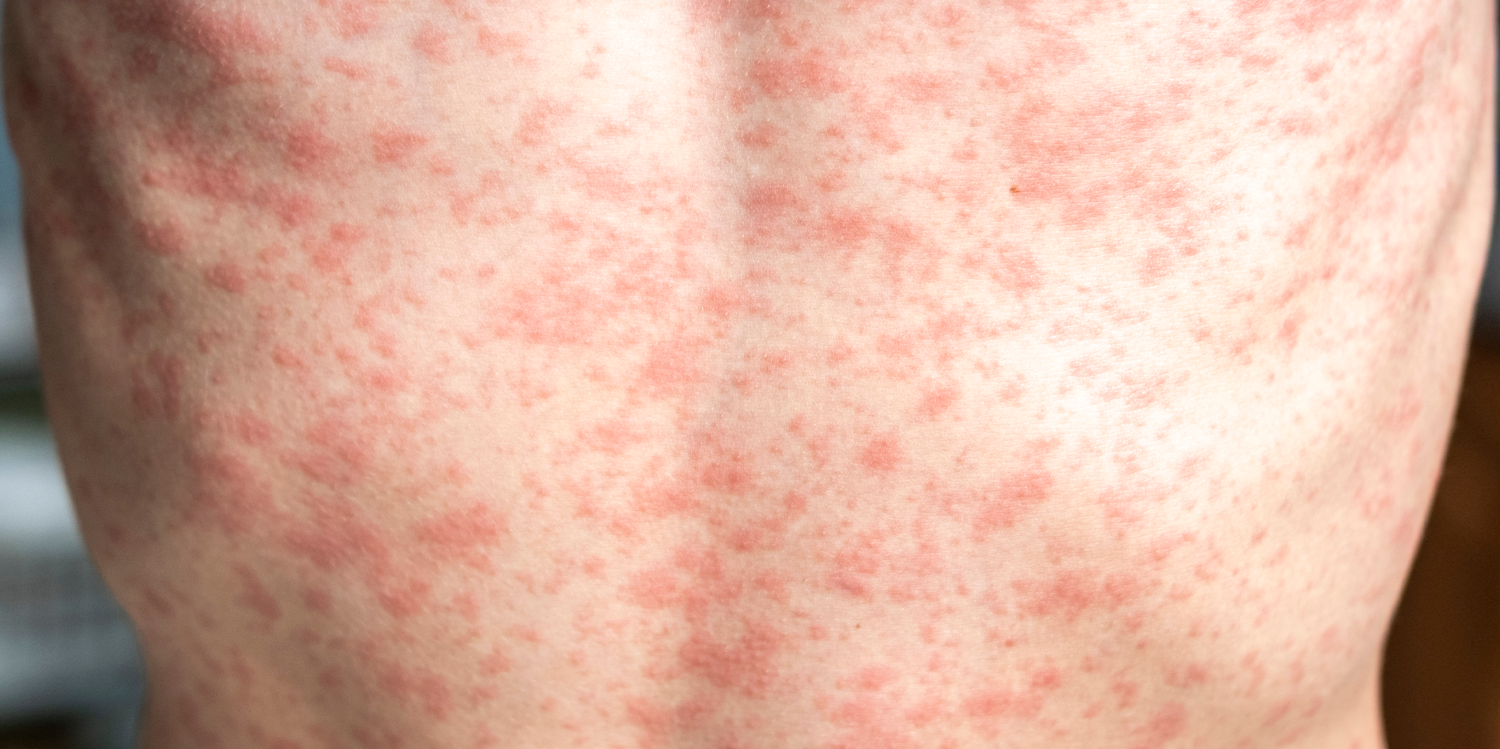 GP clinics and emergency departments are being reminded to take precautions around measles after a public health alert was issued by the Department of Health following a reported case.
GP clinics and emergency departments are being reminded to take precautions around measles after a public health alert was issued by the Department of Health following a reported case.
The latest case was in a returned traveller from Afghanistan who is being treated at a Perth hospital.
The person visited various public spaces in the metropolitan area, including the airport and various shops while infectious.
Health practitioners are being reminded to be alert for measles, particularly among returned overseas travellers, and to ensure all staff have a high index of suspicion for measles in patients presenting with a febrile rash.
RELATED: Vaccine hesitancy on the rise in WA
The Department of Health is reminding general practices and emergency departments to remember to ask about recent travel when assessing acute illness.
“Identify people with measles-compatible illness at reception or triage, provide a mask and isolate immediately – consultation rooms used in the assessment of patients with suspected measles should be left vacant for at least 30 minutes after the consultation,” the department said in a statement.
Exposure sites are listed on the department’s website and anyone who was at these locations during the listed dates and times should stay alert for symptoms.
Communicable disease control director Dr Paul Armstrong said “Measles can spread quickly and even one case of measles can be cause for concern.”
Measles outbreaks are occurring in overseas countries, such as India, Thailand, Vietnam, and Indonesia, and imported cases or small outbreaks occur in Australia as people are infected overseas.
Early symptoms include fever, tiredness, cough, runny nose, and sore eyes, followed by a florid red non-itchy rash three or four days later.
The rash usually starts on the face and spreads to the rest of the body and people with measles usually feel very unwell.
Dr Armstrong urged community members to consider getting vaccinated against measles.
“Vaccination is the best way to protect against measles, and this is a reminder for the public to check they are immune and get vaccinated,” he said.
The case follows a cluster of outbreaks that occurred in WA earlier this year when 17 cases were record between March and April.
RELATED: Tackling vaccine hesitancy – what can GPs do?
The outbreak promoted warnings from experts about declining vaccination rates, with doctors urged to talk to their patients about immunisations.
Recent data from the National Communicable Disease Surveillance Dashboard show only 89.6% of WA children aged under two were up to date with all of their scheduled vaccines, well below the national benchmark of 95%.
Want more news, clinicals, features and guest columns delivered straight to you? Subscribe for free to WA’s only independent magazine for medical practitioners.
Want to submit an article? Email editor@mforum.com.au

